Call to extend Catholic-Jewish amity to Islam
Rabbi says historic reconciliation between Jews and Roman Catholics over past 40 years should be extended to Muslims.
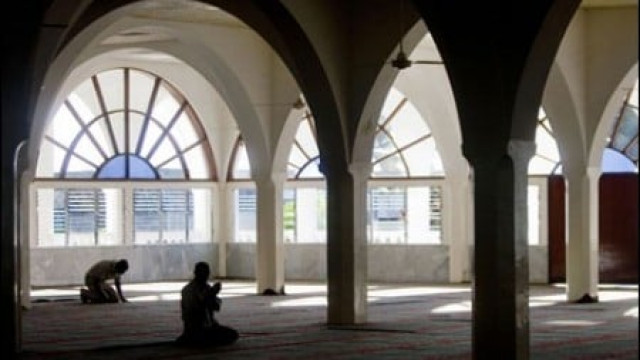
The regular dialogue the two faiths have maintained since the Catholic Church renounced anti-Semitism at the Second Vatican Council, should be "a model for transformed relations with Islam," Rabbi Richard Marker told an interfaith conference.
Marker addressed the opening session on Sunday evening of a meeting reviewing four decades of Catholic-Jewish efforts to forge closer ties after 1,900 years of Christian anti-Semitism and to ask how the dialogue can progress in the future.
"Forty years in the histories of two great world religions is but a blink of an eye," Marker, chairman of the International Jewish Committee for Interreligious Consultation, said. "But 40 years of a relationship is a sign of its maturity."
"The focus of the world is no longer specifically on Jewish- Christian amity. We must, for so many reasons, involve the third of our Abrahamic siblings... Islam."
Major faiths have held countless bilateral meetings to foster better ties since the Second Vatican Council (1962-1965) launched the world's largest church on the path of dialogue. Christian and Jewish leaders increasingly meet their Muslim counterparts to seek common ground and better understanding, but none of these discussions have the history or depth of the Catholic-Jewish dialogue officially begun in 1971.
In those 40 years, the Catholic Church has apologised for its sins against the Jewish people and recognised Judaism as its spiritual "elder brother," a step that Jewish leaders praise as a historic change in perspective.
Dialogue not always easy
The dialogue has not always been easy. There is still much mutual misunderstanding at the grass-roots level and Jewish leaders are quick to criticise the Vatican over divisive topics, especially related to the Holocaust.
Cardinal Kurt Koch, the Vatican's top official for relations with Judaism, told the meeting that Pope Benedict's three visits to synagogues were more than those of any other pope.
Benedict has also been harshly criticised by Jews for ending the excommunication of a Holocaust-denying bishop and promoting sainthood for Pope Pius XII, who Jews allege did not do enough to save their people from the Nazis during World War Two.
Paris Cardinal Andre Vingt-Trois, host of the four-day meeting, said Catholics and Jews had come to know each other as friends over the 40 years of dialogue.
"Of course, we must make sure ... that anti-Semitism is unambiguously exposed as a sin against God and humanity, for anti-Semitism is unfortunately not dead," he told the meeting.
During the meeting, participants will plant a tree in memory of Ilan Halimi, a French Jew killed by an anti-Semitic gang in 2006, and visit the Drancy camp outside Paris where the Nazis sent French Jews to death camps during World War Two.
The Grand Rabbi of France, Gilles Bernheim, said the reconciliation between Jews and Catholics in recent decades was unprecedented but might not continue if it did not develop.
"Many Jews have organised Jewish-Catholic dialogue so it is totally focused on what we Jews think are Christian failures," he said. "This situation cannot continue much longer."
Catholic officials were unlikely to want to continue such a one-sided dialogue, he said, and some Jews see the need to define their role in an increasingly pluralist world. "Jews will not compromise their religious integrity ... by saying that Christians can be models for us not despite their Christian faith but because of their Christian faith," he said.


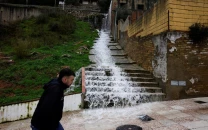
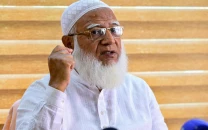

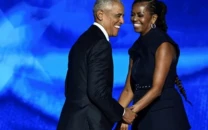
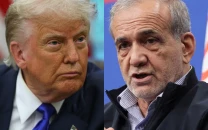












COMMENTS
Comments are moderated and generally will be posted if they are on-topic and not abusive.
For more information, please see our Comments FAQ